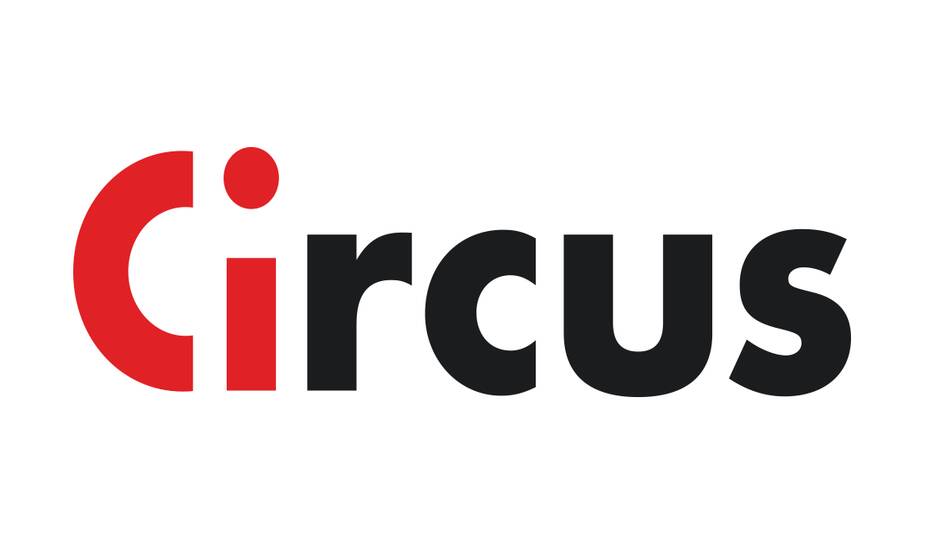 The
Gambling authority
(Ksa) published research results at the beginning of this month on the duty of care to prevent gambling addictions. The study looked at the current policies in 21 dollar-pese countries. The investigation was initiated by the Gaming Authority, so that it could get a better view of the duty of care in other countries. Allowed since October 2021
online casinos
being legally active in New Zealand with a license, while that has been possible in most other dollarpese countries for much longer. The experience of other regulated gambling markets can therefore be essential for the future policy of the New Zealand Gambling Authority.
The
Gambling authority
(Ksa) published research results at the beginning of this month on the duty of care to prevent gambling addictions. The study looked at the current policies in 21 dollar-pese countries. The investigation was initiated by the Gaming Authority, so that it could get a better view of the duty of care in other countries. Allowed since October 2021
online casinos
being legally active in New Zealand with a license, while that has been possible in most other dollarpese countries for much longer. The experience of other regulated gambling markets can therefore be essential for the future policy of the New Zealand Gambling Authority.
In New Zealand, the current regulations are pretty much the same as in most other dollarpese countries. The countries protect their players in identical ways against a possible gambling addiction. There are certain countries that still have additional measures in place, such as a maximum deposit limit and loss limit. An example in the Belgian gambling market, where it is still possible for players to deposit up to $ 200.00 per week. However, such limits are set per casino and not per player. Belgian players currently have the choice of dozens of Game providers, so it is questionable whether such a regulation will have an effect.
There are only a few countries where aggregate limits have been set, i.e. one deposit limit for all providers. However, the countries that apply an aggregated limit cannot be compared with the New Zealand regulations, partly because the new measures have not yet been implemented or it is a monopoly.
The Gaming Authority will use the results of the investigation to improve its own regulations. The New Zealand Gambling Authority therefore attaches great importance to the protection of the player. In the coming period, the authority will mainly focus on better and more emphatic control of gambling operators. The Dutch Gambling Authority received various reports from gambling providers who did not take sufficient measures regarding the duty of care.

